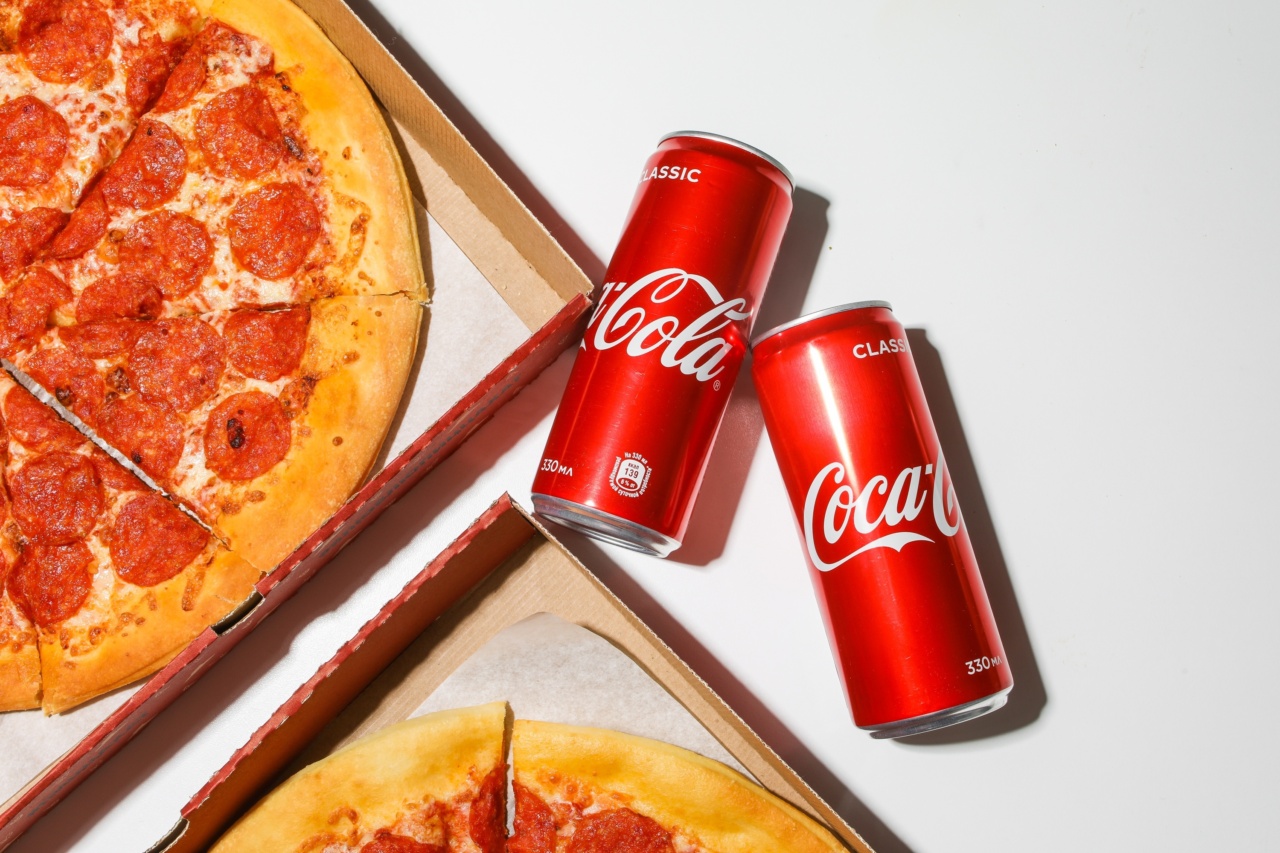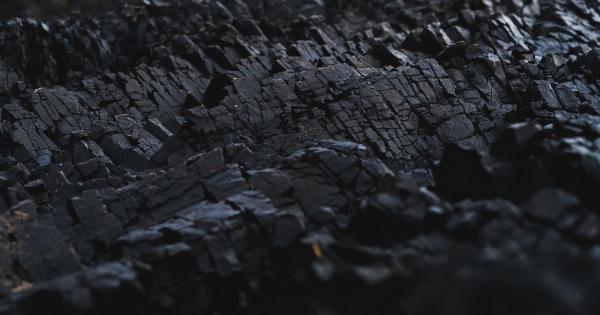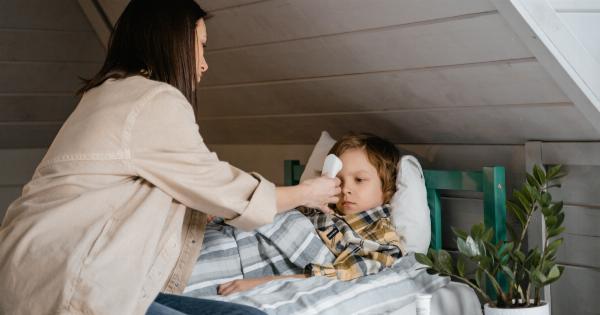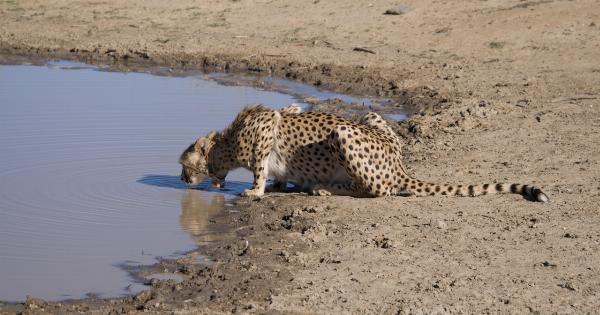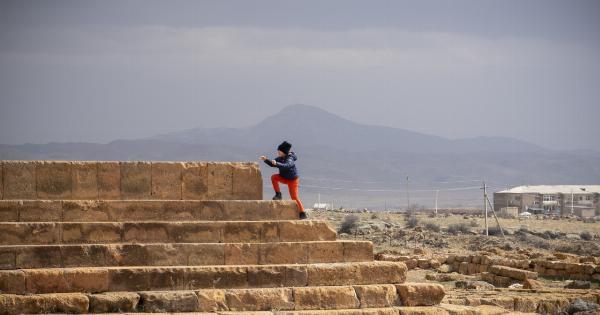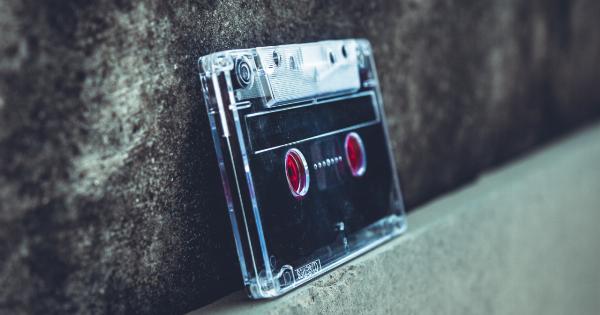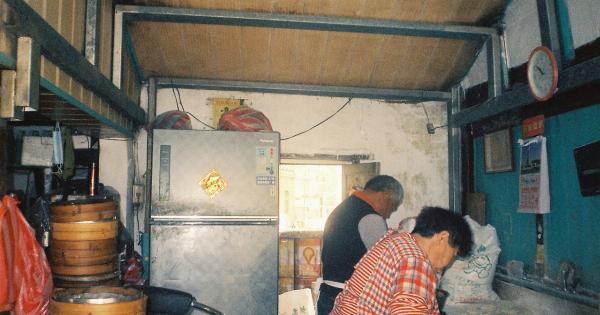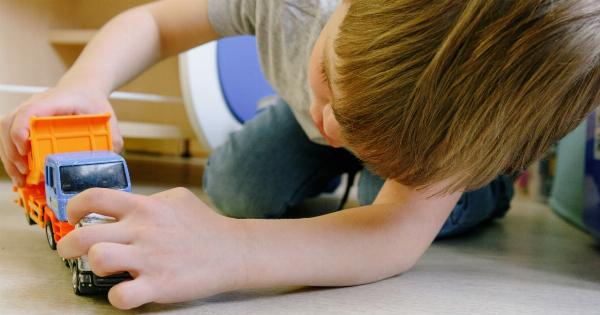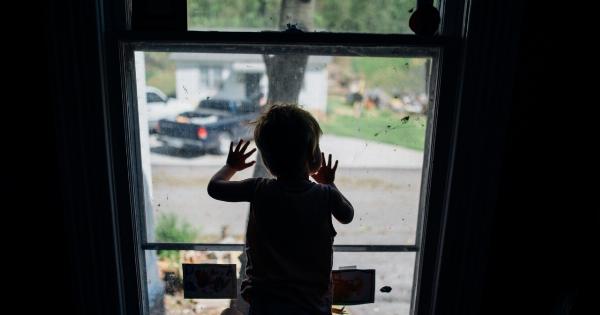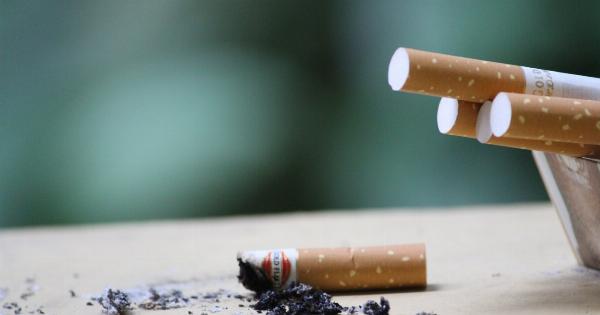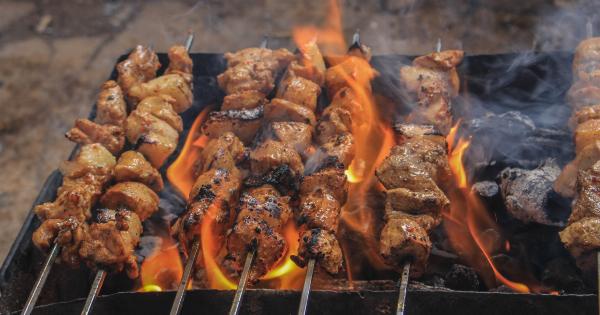Distillation is an important process that is commonly used to purify liquids. Distillates are often used in various industries, including the production of alcoholic beverages and essential oils.
And while distillates can be incredibly useful, they can also be quite dangerous when produced in a homemade setting. Here are just a few reasons why homemade distillates should be avoided.
1. Risk of Explosion
The distillation process can be quite volatile, and without proper equipment and techniques, it can lead to explosions and fires.
Homemade stills are often constructed from materials that are not designed to withstand the high temperatures and pressures involved in distillation, which can cause the still to rupture or explode. The risk of explosion is increased when flammable liquids such as alcohol are being distilled, which is why homemade distillates should be avoided.
2. Risk of Contamination
Any impurities in the liquid being distilled can be concentrated and carried over into the distillate. Additionally, if the still is not properly sterilized, bacteria and other harmful microorganisms can be carried over into the distillate.
This can result in a contaminated product that can cause illness or even death if consumed. Homemade stills are often constructed from materials that are not easy to clean and sanitize, which increases the risk of contamination.
3. Risk of Poisoning
When distilling alcoholic beverages, it is important to be able to accurately measure the alcohol content of the distillate.
Homemade stills often lack the proper equipment for measuring alcohol content, which can result in a product that is either too strong or too weak. Additionally, impurities in the liquid being distilled can be concentrated in the distillate, which can result in a product that is toxic or even deadly if consumed.
4. Risk of Legal Consequences
Producing distilled beverages without a proper license is illegal in most places. Homemade stills often attract attention from law enforcement, which can result in fines, confiscation of equipment, and even criminal charges.
The legal consequences of producing homemade distillates can be severe, which is why it is important to avoid these practices.
5. Risk of Injury
The process of distillation involves high temperatures and pressures, which can result in burns or other injuries if proper safety precautions are not taken.
Homemade stills are often constructed from materials that are not designed to withstand these conditions, which increases the risk of injury. Additionally, the risk of injury is increased when working with flammable liquids such as alcohol.
6. Risk of Damaging Property
Distillation requires a lot of heat, which can damage surrounding property if proper precautions are not taken.
Homemade stills can be particularly dangerous in this regard, as they are often constructed from materials that are not designed to contain the heat and flames involved in the distillation process. The risk of damaging property is increased when working with homemade stills, which can result in costly repairs and even lawsuits.
7. Risk of Carbon Monoxide Poisoning
When the distillation process involves heat, it can produce carbon monoxide gas.
Homemade stills are often constructed from materials that are not properly ventilated, which can cause carbon monoxide gas to build up in the area where the still is being operated. Carbon monoxide gas is odorless and colorless, which makes it difficult to detect, and exposure can cause headaches, dizziness, nausea, and even death.
8. Risk of Electrical Shock
Distilling typically requires electricity to power the still. Homemade stills are often constructed without the proper electrical safety features, which can result in electrical shock or even electrocution.
Additionally, homemade stills are often constructed from materials that do not have proper grounding, which can increase the risk of electrical shock.
9. Risk of Fire
Distillation involves heat, which can easily start a fire if proper safety precautions are not taken. Homemade stills are often constructed from materials that are not designed to contain flames, which increases the risk of fire.
Additionally, flammable liquids such as alcohol can easily ignite, which can result in a dangerous fire.
10. Risk of Improper Storage
When distillates are improperly stored, they can pose a risk to both the person storing them and others who may come in contact with them. Homemade stills often do not come with proper storage containers, which can result in the risk of spills or leaks.
Additionally, distilled products are often highly flammable, which can result in a dangerous fire if proper storage techniques are not used.
Final Thoughts
Producing homemade distillates can be incredibly dangerous and should be avoided. Whether you are distilling alcoholic beverages or essential oils, the risks involved in homemade distillation far outweigh any potential benefits.
If you need to produce distilled products, it is important to use proper equipment and techniques to ensure safety and quality.
